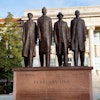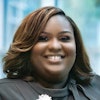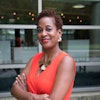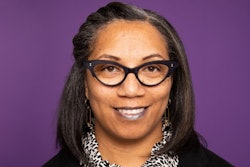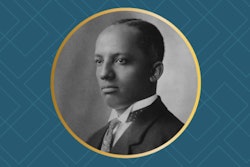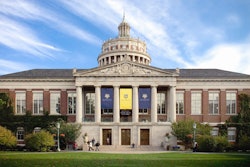CAMDEN, N.J— It has long been assumed that girls of color are faring much better than their male counterparts. But that’s not necessarily true, experts say, drawing new attention to the daunting challenges that young girls of color face as they progress through adolescence and go on to enroll in college.
Several hundred academicians, public policy officials, philanthropists and community advocates gathered at the Camden campus of Rutgers University last week to focus a broader public spotlight on the plight of young girls of color. It was the latest in a series of national initiatives designed to advocate for girls of color who are often left out of the national dialogue.
The two-day conference titled “Bright Futures: Improving Education and Transforming Outcomes for Girls of Color” was convened in the wake of a 2014 report by the National Women’s Law Center that outlined numerous disparities that persist for young girls of color.
“When I read that report, I thought, ‘Oh wow,’ says Lenora Green, executive director for the Center for Advocacy and Philanthropy at the Educational Testing Service (ETS), which convened the conference. “As an African-American woman, I thought I knew a lot about African-American girls. But there was so much that I didn’t know.”
From the rise in the number of girls involved in the juvenile justice system to increasingly low performances on student assessments, there was “so much in the report that was so sobering,” says Green. She says she knew she had to take action.
Using her platform at ETS, she partnered with Phoebe A. Haddon, chancellor of Rutgers-Camden, to convene the conference with the goal of developing solutions aimed at “moving the needle” on the myriad of issues that impact young girls of color.
In recent years, President Obama’s “My Brother’s Keeper” initiative has brought the issues of young men of color to the national forefront, but experts—including well-known academicians like law professor Kimberlé Williams Crenshaw—have long advocated for policy makers and thinkers not to exclude girls of color from the ongoing conversation.
